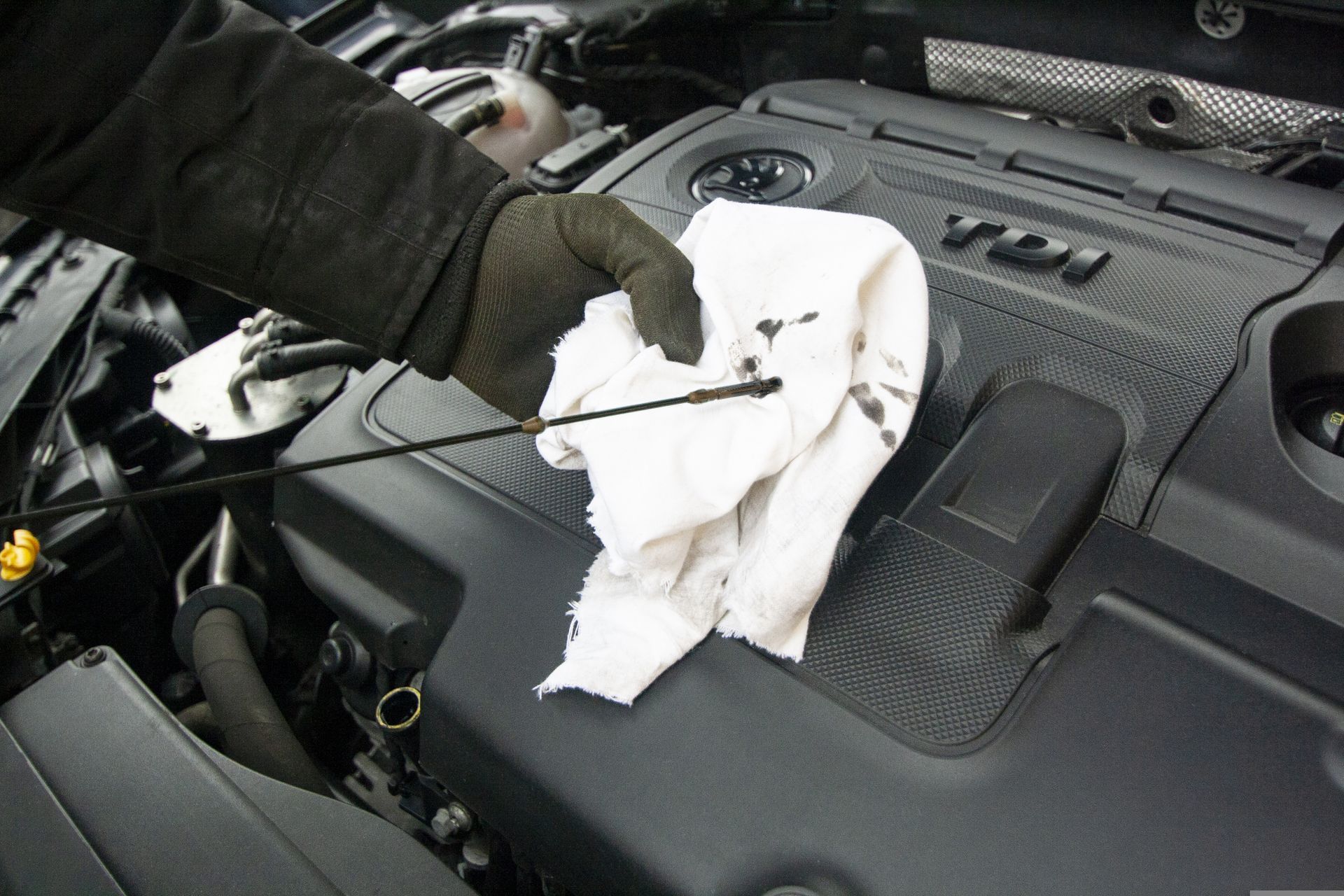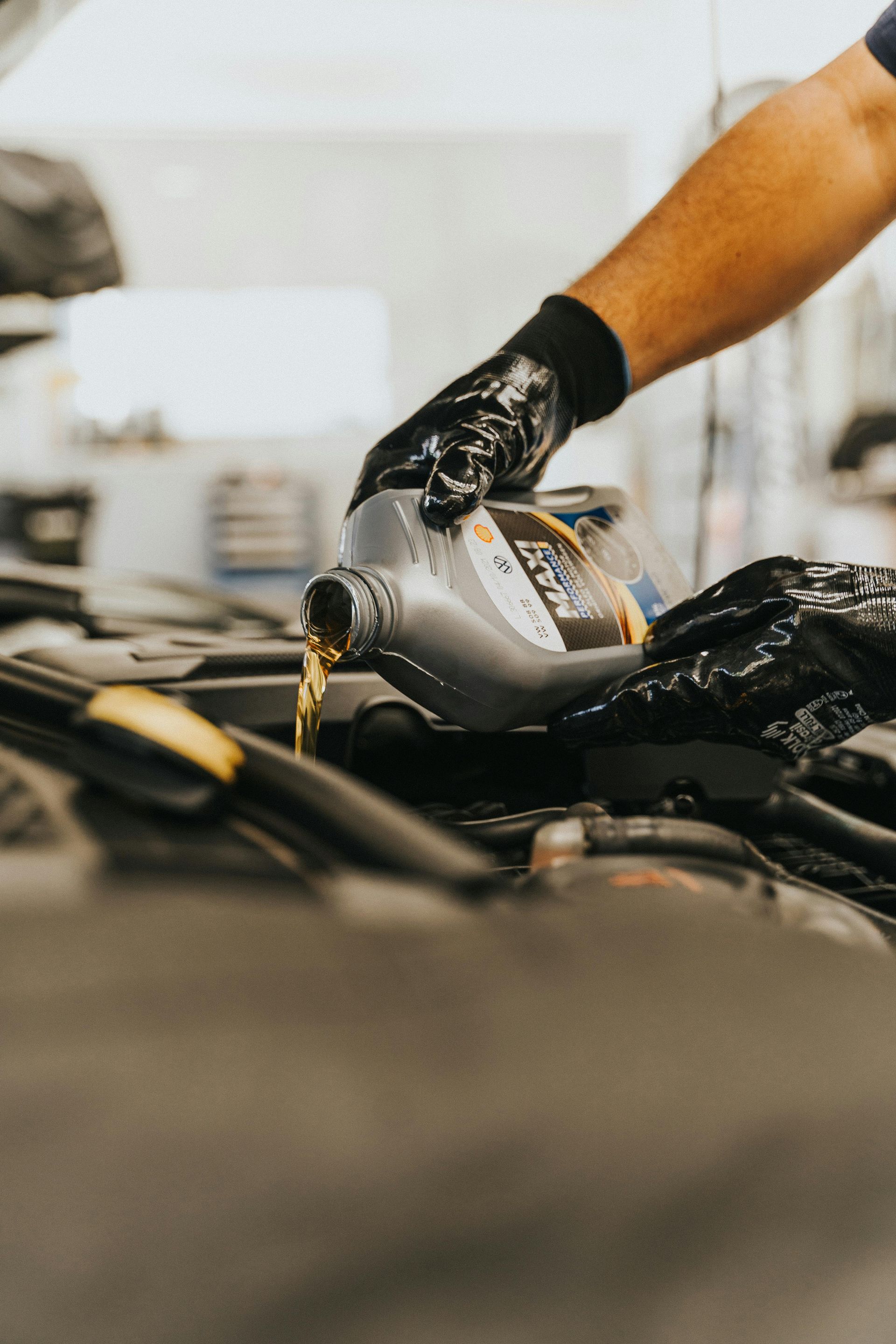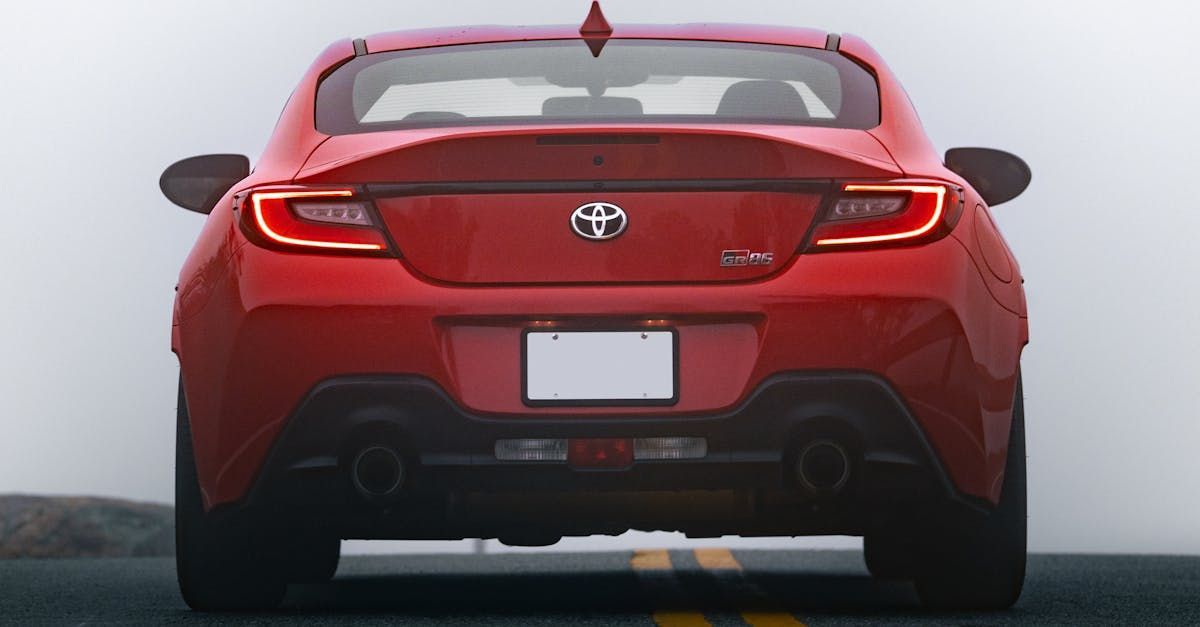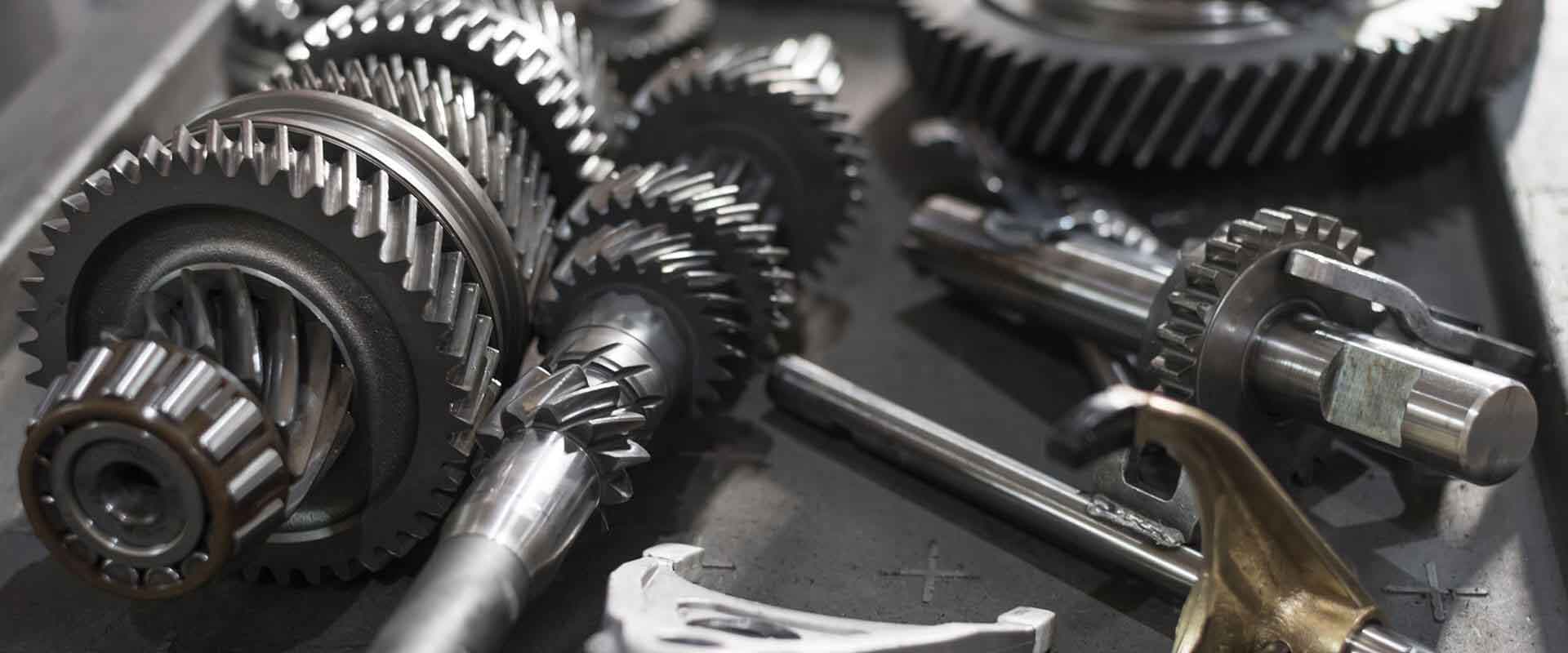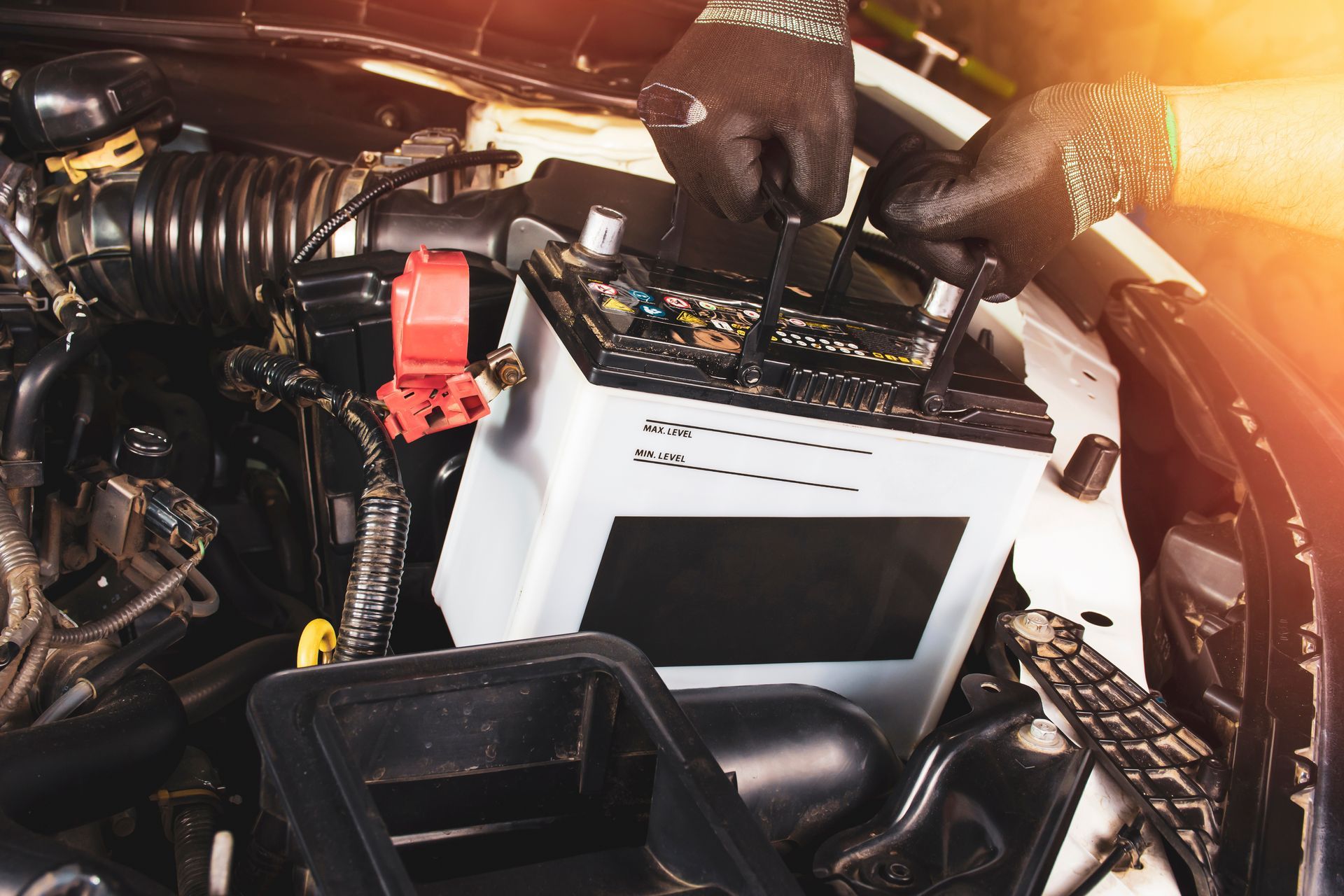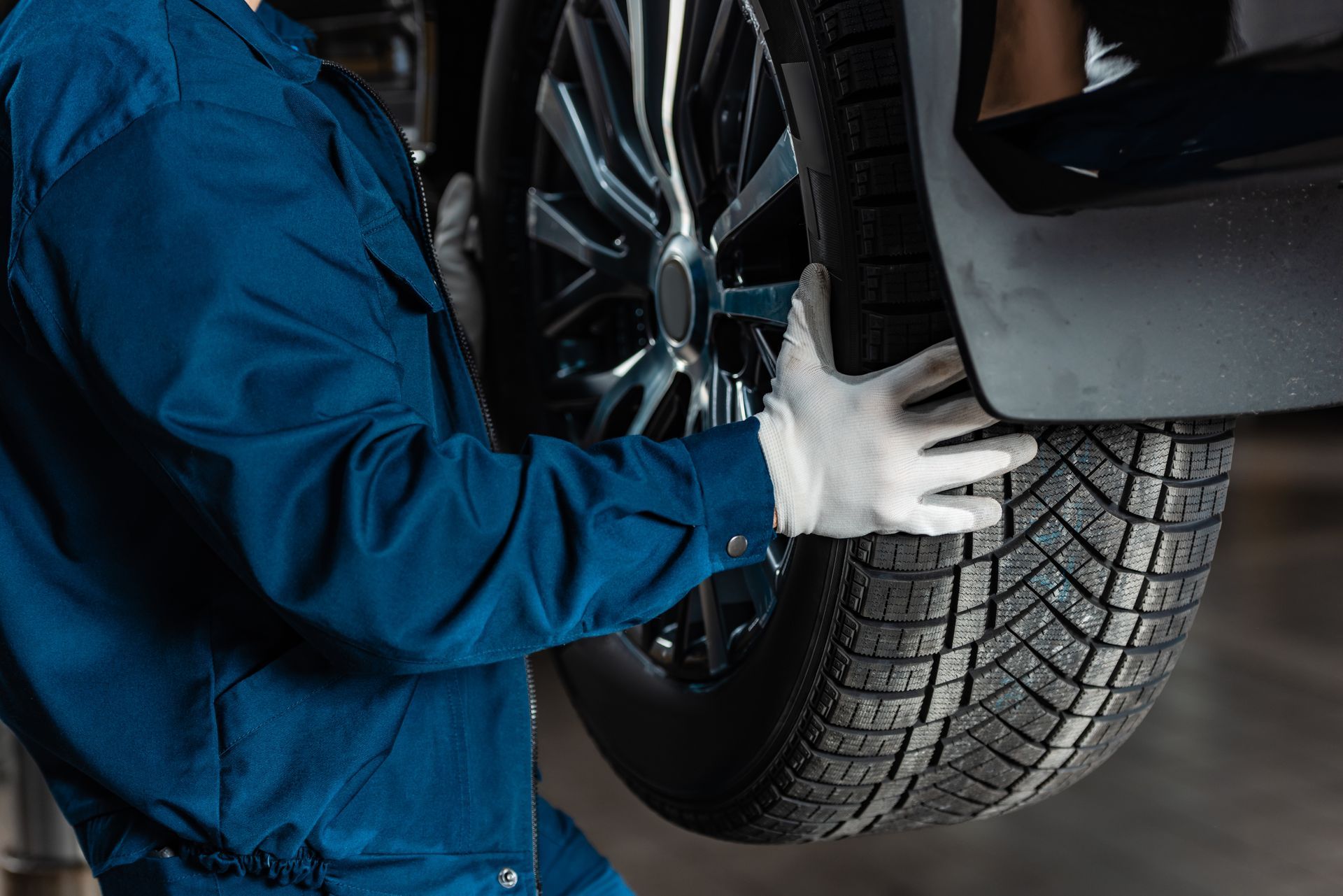The Art of Finding the Right Tires for Your Vehicle: A Guide from Interstate Auto Care, Madison Heights, MI
When it comes to vehicle maintenance, choosing the right tires is crucial for ensuring safety, performance, and fuel efficiency. At Interstate Auto Care in Madison Heights, MI, we understand the intricacies involved in selecting the perfect tires for your vehicle. This comprehensive guide aims to equip you with the knowledge needed to make informed decisions about your tires, enhancing your driving experience and keeping you safe on the road.
Understanding Tire Types
Tires come in various types, each designed to meet specific driving needs and conditions. Here's a breakdown of the most common types:
- All-Season Tires: Ideal for drivers in Madison Heights, MI, who experience a mix of weather conditions. These tires offer a balance of performance in wet, dry, and light snow conditions.
- Summer Tires: Designed for optimal performance in warm weather, these tires provide superior handling and traction on dry and wet roads but are not suitable for winter conditions.
- Winter Tires: Essential for handling snowy and icy roads, winter tires offer improved traction and braking performance in cold weather.
- Performance Tires: These tires are built for high-speed handling and agility, perfect for sports cars and performance-oriented vehicles.
- All-Terrain Tires: Ideal for off-road adventures, all-terrain tires provide excellent traction on various surfaces, including mud, sand, and gravel.
- Run-Flat Tires: Designed to allow you to continue driving for a short distance after a puncture, run-flat tires offer convenience and peace of mind.
Factors to Consider When Choosing Tires
Selecting the right tires involves more than just picking a type. Here are several factors to consider:
- Climate: The weather conditions in Madison Heights, MI, should heavily influence your tire choice. All-season tires are versatile, but you might need winter tires for better performance in snow.
- Driving Habits: Consider how and where you drive. If you frequently drive on highways, look for tires with better fuel efficiency. For off-road driving, opt for all-terrain tires.
- Vehicle Specifications: Always refer to your vehicle's manual for tire size and type recommendations. Installing the wrong size can affect handling and safety.
- Tread Life: Check the tire’s tread life rating. Tires with a higher rating will last longer, saving you money in the long run.
- Fuel Efficiency: Some tires are designed to reduce rolling resistance, which can improve fuel economy. Look for tires labeled as fuel-efficient.
- Budget: While it’s tempting to go for the cheapest option, investing in high-quality tires can save you money on fuel and replacements over time.
How to Read a Tire Sidewall
Understanding the information on a tire's sidewall can help you make the right choice. Here’s a quick guide:
- Tire Size: Typically displayed as something like P215/65R15. This indicates the tire’s width, aspect ratio, and diameter.
- Load Index and Speed Rating: Shown as a number and letter, like 95H. This indicates the maximum load the tire can carry and its maximum speed.
- Treadwear, Traction, and Temperature Grades: These ratings give you an idea of the tire's durability, grip, and heat resistance.
The Importance of Tire Maintenance
Once you’ve selected the right tires, proper maintenance is key to ensuring their longevity and performance. Here are some tips:
- Regular Inspections: Check for signs of wear, punctures, or damage regularly.
- Proper Inflation: Ensure your tires are inflated to the manufacturer’s recommended pressure to prevent uneven wear and improve fuel efficiency.
- Tire Rotation: Rotate your tires every 5,000 to 7,000 miles to ensure even wear.
- Wheel Alignment: Misaligned wheels can cause uneven tire wear. Have your alignment checked regularly, especially if you notice your vehicle pulling to one side.
- Balancing: Properly balanced tires ensure a smooth ride and prevent premature wear.
When to Replace Your Tires
Knowing when to replace your tires is crucial for safety. Here are some indicators that it’s time for new tires:
- Tread Depth: Use the penny test. If you insert a penny into the tread and can see all of Lincoln’s head, it’s time for new tires.
- Visible Damage: Cracks, bulges, or punctures that can’t be repaired are signs you need new tires.
- Vibration: Excessive vibration can indicate internal tire damage.
- Age: Even if they appear in good condition, tires older than six years should be replaced due to rubber deterioration.
At Interstate Auto Care in Madison Heights, MI, we are dedicated to helping you find the right tires for your vehicle. Our team of experienced professionals is here to provide expert advice and quality service, ensuring your vehicle performs at its best. By understanding the different types of tires and the factors to consider when choosing them, you can make informed decisions that enhance your driving experience and safety.
For more personalized assistance, visit Interstate Auto Care or call us today. Let us help you navigate the complexities of tire selection and maintenance with confidence and ease.



